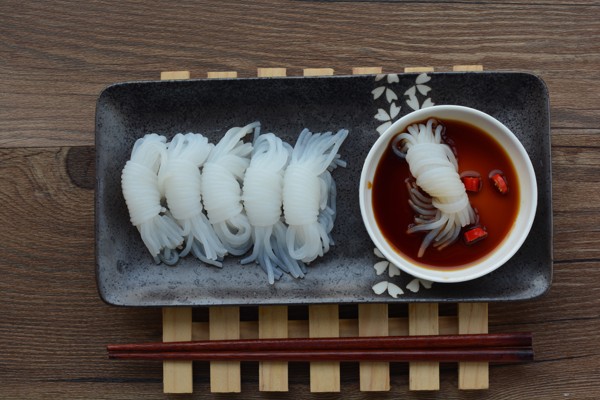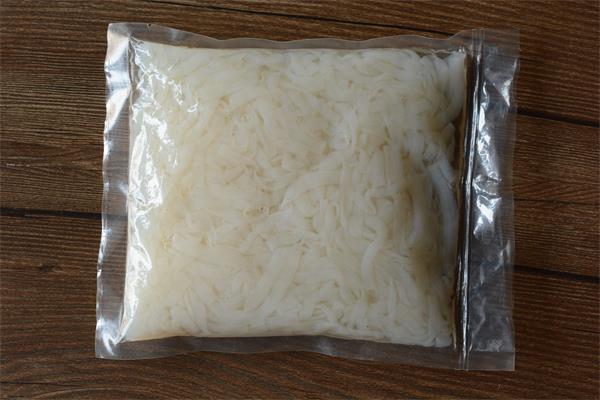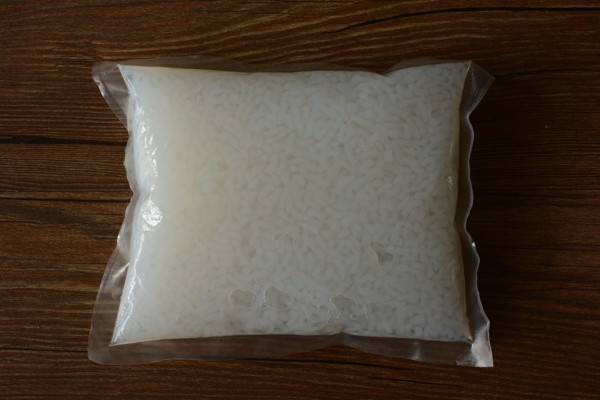what is glucomannan ?
Glucomannan comes from the konjac plant (Amorphophallus konjac), specifically the plant’s root. konjac plant mainly grow in mountainous areas and hilly lands of above 800-meter altitudes and under an annual average
ambient temperature of about 16℃ from Japan and China south to Indonesia. The edible part of the konjac plant is the root or corm, from which glucomannan powder is derived. The konjac corm looks similar to an oval-shaped yam or taro. It’s almost entirely fiber with just a little bit of starch. In order for konjac root to become edible, it’s first dried and then milled into a fine powder. The final product is a dietary fiber called konjac flour, also known as glucomannan powder.
It’s said that dry glucomannan can absorb up to 50 times its weight in water. Chemically speaking, glucomannan is a fiber composed of mannose and glucose. It has the highest viscosity and molecular weight when compared with other dietary fibers. When you put dry glucomannan powder in water, it swells tremendously and turns into a gel, similar topsyllium husk powder. Certain gut flora bacteria like Aerobacter mannaolyticus,Clostridium butyricum and Clostridium beijerinckii are able to help break down glucomannan into disaccharides and eventually to glucose and mannose.
The dried corm of the konjac plant contains around 40 percent glucomannan gum. Konjac is very low calories but very high in fiber. A typical serving of the powder is a half level teaspoon (two grams), which contains about five calories and 2.5 grams of fiber. This amount of fiber fulfills roughly 10 percent of daily fiber requirements.
Any further problem about konjac can contact : info@konjacwj.com .










